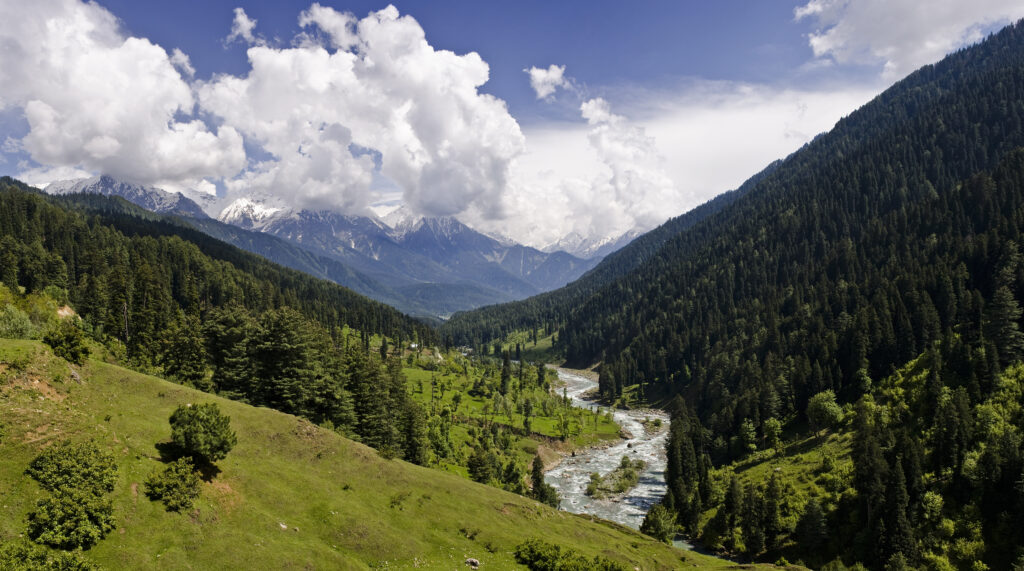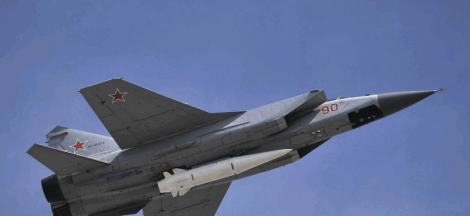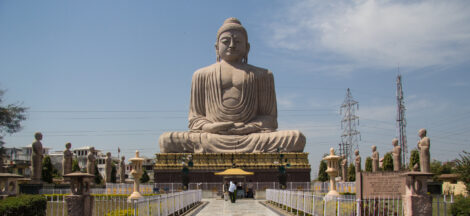Security forces in Jammu and Kashmir have demolished the residences of two militants linked to the Pahalgam massacre, marking a significant escalation in India’s counter-terrorism operations following the April 22 attack that claimed 26 lives.
The targeted properties, located in Anantnag district, belonged to individuals identified as part of the Lashkar-e-Taiba network. Authorities confirmed that the demolitions were executed after intelligence reports indicated these homes were being used as logistical bases for planning and executing militant activities. The operations were carried out with precision to avoid civilian casualties and were part of a broader strategy to dismantle the infrastructure supporting terrorism in the region.
The April 22 attack in Baisaran Valley, near Pahalgam, was the deadliest in the region since the 2008 Mumbai attacks. Gunmen, affiliated with The Resistance Front —a proxy of LeT—targeted Hindu tourists, resulting in 26 fatalities and over 20 injuries. The assailants reportedly segregated victims based on religious identity before opening fire, a tactic reminiscent of past communal attacks in the area.
In the aftermath, Indian authorities launched an extensive manhunt, detaining approximately 1,500 individuals across Jammu and Kashmir. Sketches of three suspects—Asif Fauji , Suleman Shah , and Abu Talha —were released, all believed to be foreign nationals with ties to previous militant activities in the Poonch region.
The National Investigation Agency has taken over the probe, focusing on the operational and financial networks supporting these groups. Preliminary findings suggest that the demolished homes served as safe houses and planning centers for the militants. The decision to destroy these structures aligns with a policy aimed at denying militants any form of sanctuary or support within the local population.
The Indian government’s response has extended beyond domestic measures. Diplomatic ties with Pakistan have been significantly downgraded, with the suspension of the Indus Waters Treaty and the closure of the main border crossing. India has also expelled Pakistani defense officials and halted visa issuance to Pakistani nationals, demanding that those currently in the country leave by April 27.
Pakistan, denying any involvement in the attack, has retaliated by closing its airspace to Indian flights and suspending all bilateral treaties, including the 1972 Simla Agreement. Islamabad has warned that any disruption to the Indus Waters Treaty would be considered an act of war, highlighting the escalating tensions between the two nuclear-armed neighbors.
International reactions have been swift, with leaders from the United States, United Kingdom, China, and other nations condemning the attack and urging restraint from both sides. The United Nations and the European Union have also called for a de-escalation of hostilities and a return to diplomatic dialogue.
Within India, the attack has sparked widespread outrage and grief. Protests have erupted in several cities, demanding justice for the victims and stronger action against militant groups. The government has responded by increasing security measures in sensitive areas and deploying additional forces to prevent further incidents.




 House Committee Rebukes NYT for Kashmir Attack Coverage
House Committee Rebukes NYT for Kashmir Attack Coverage 